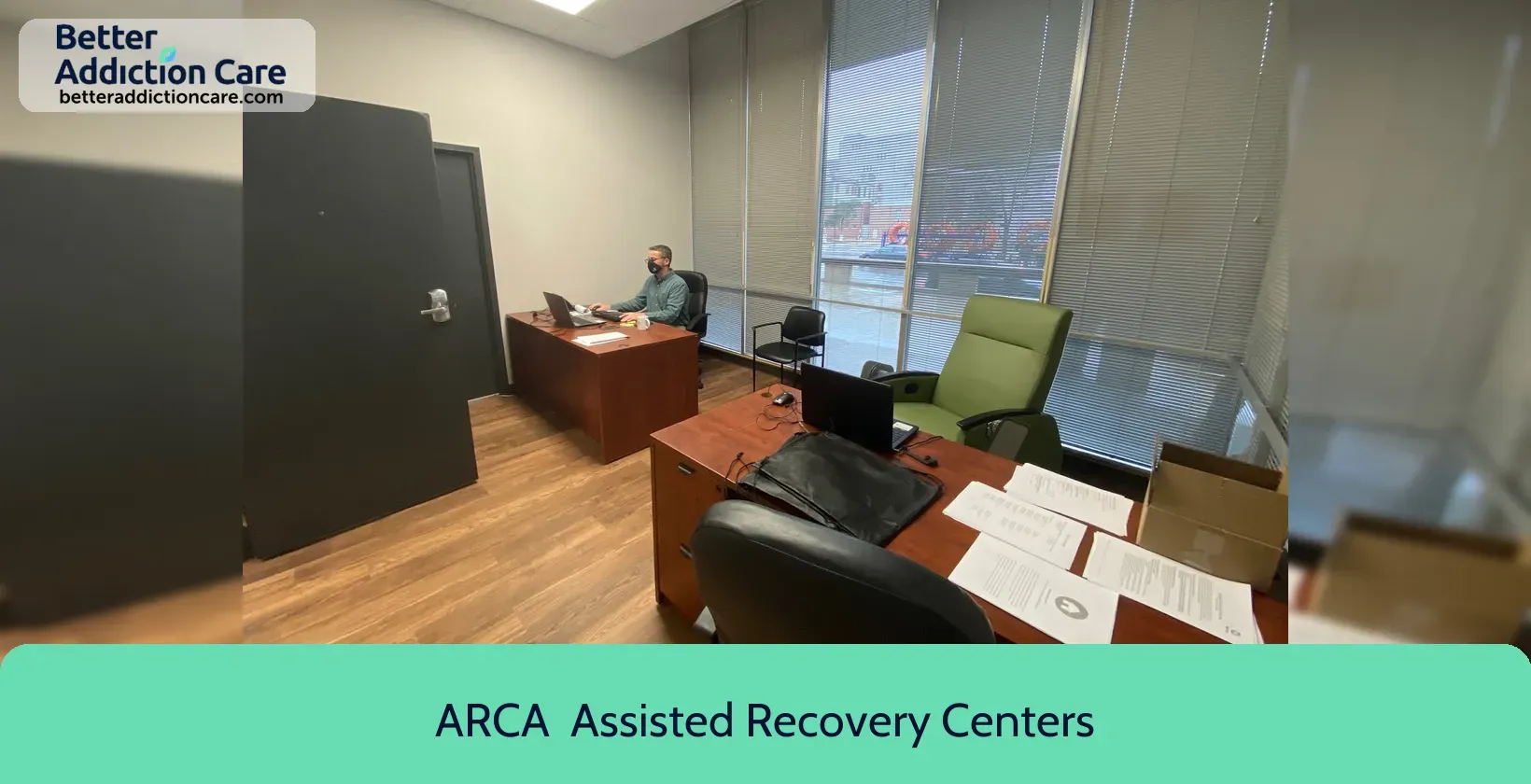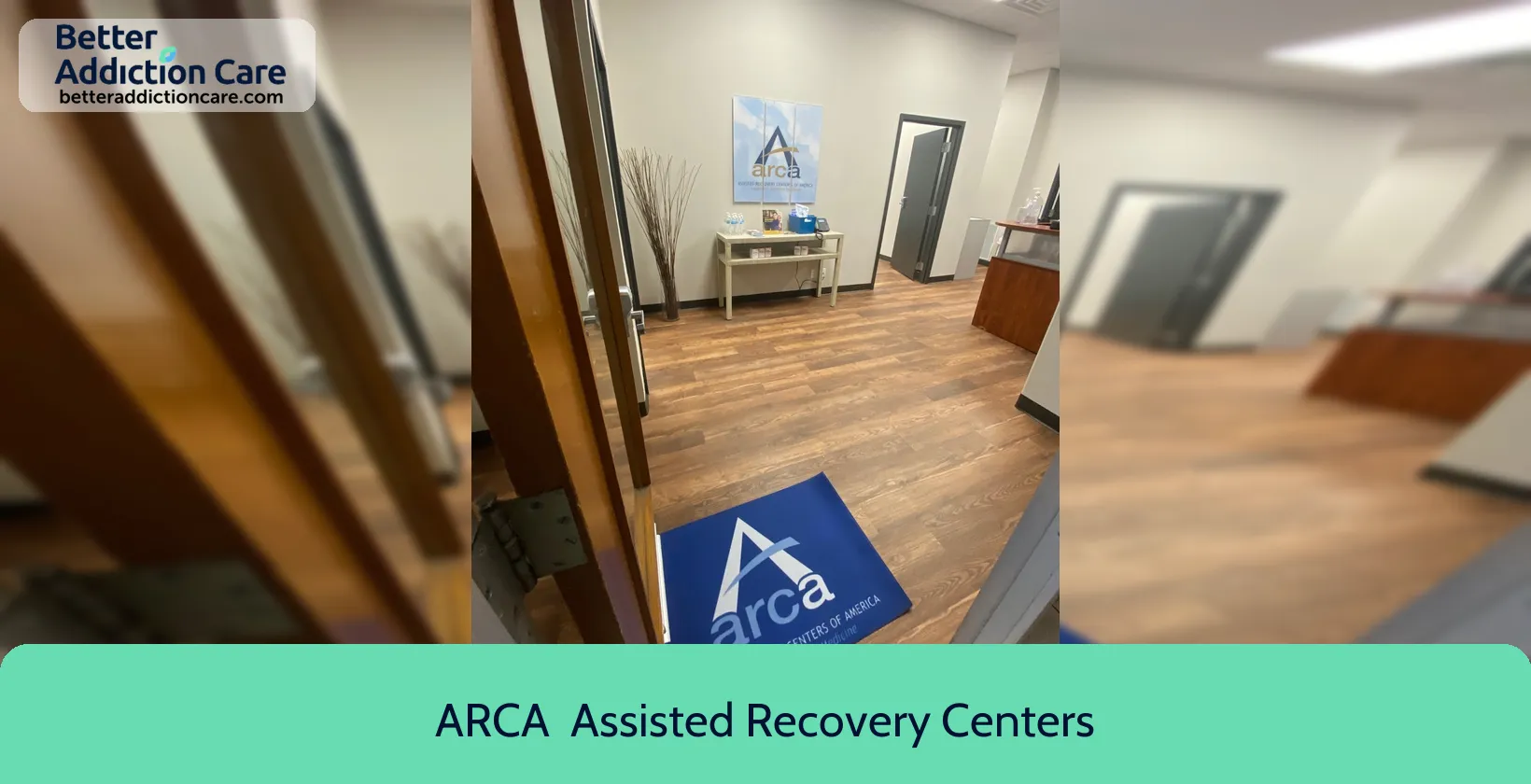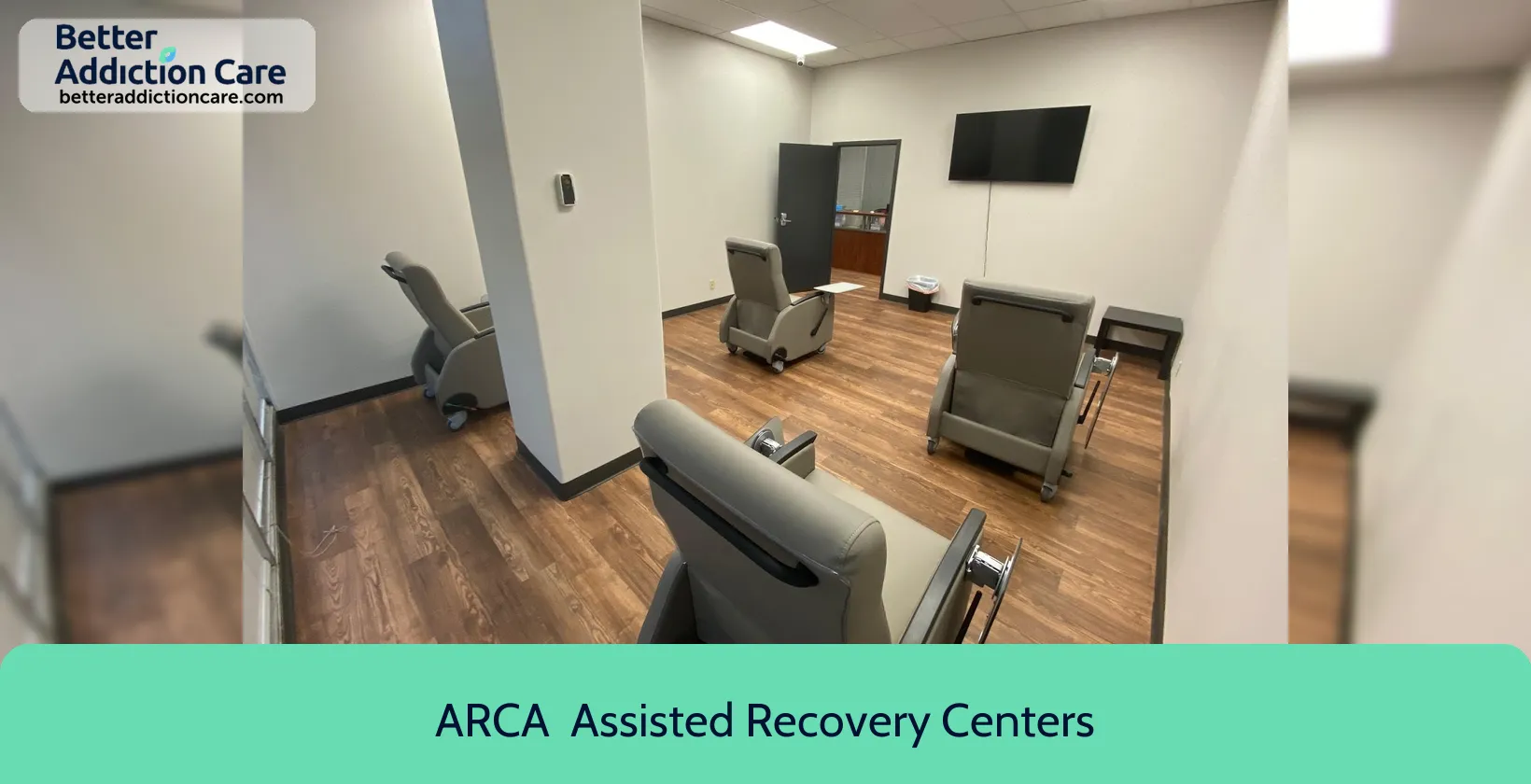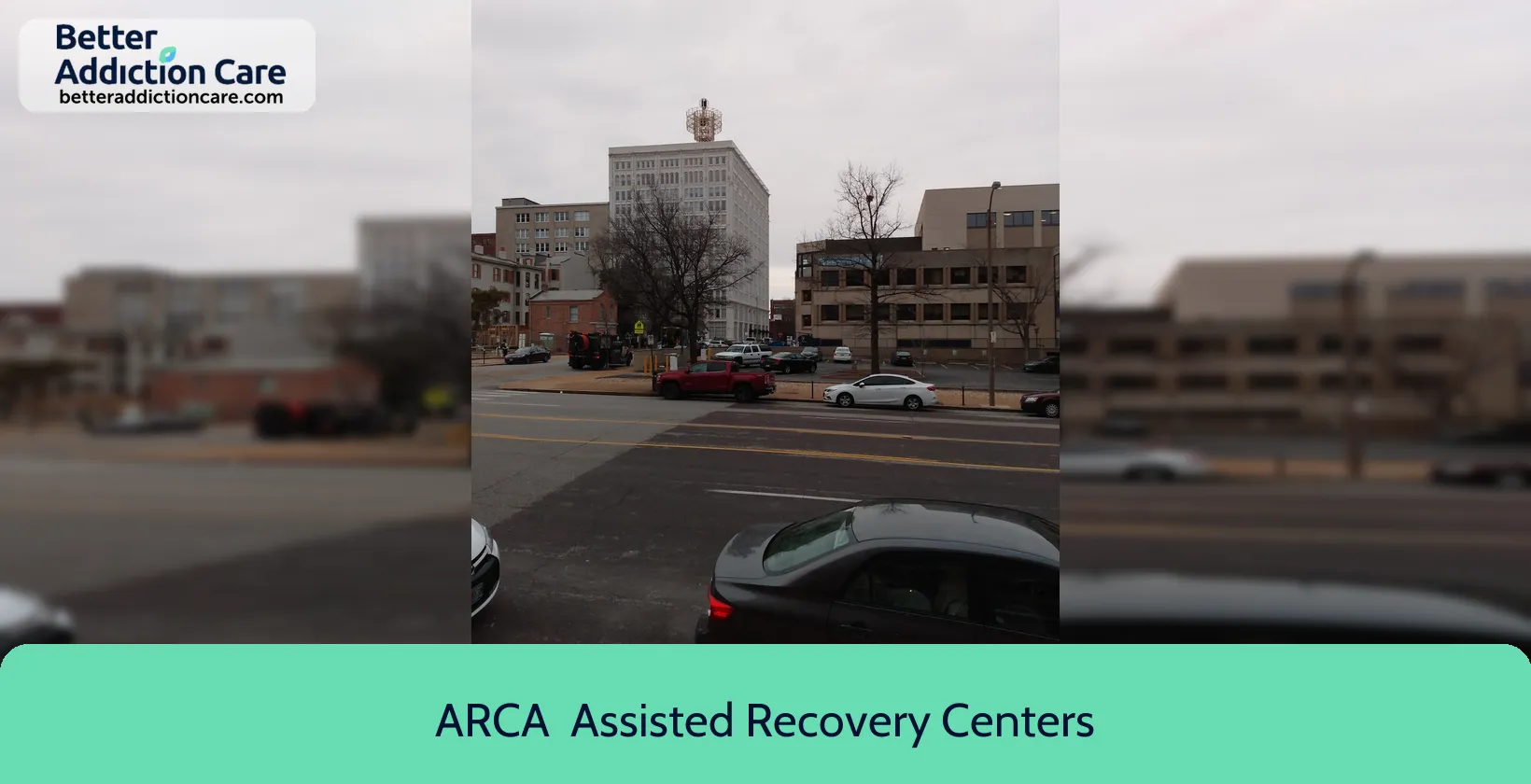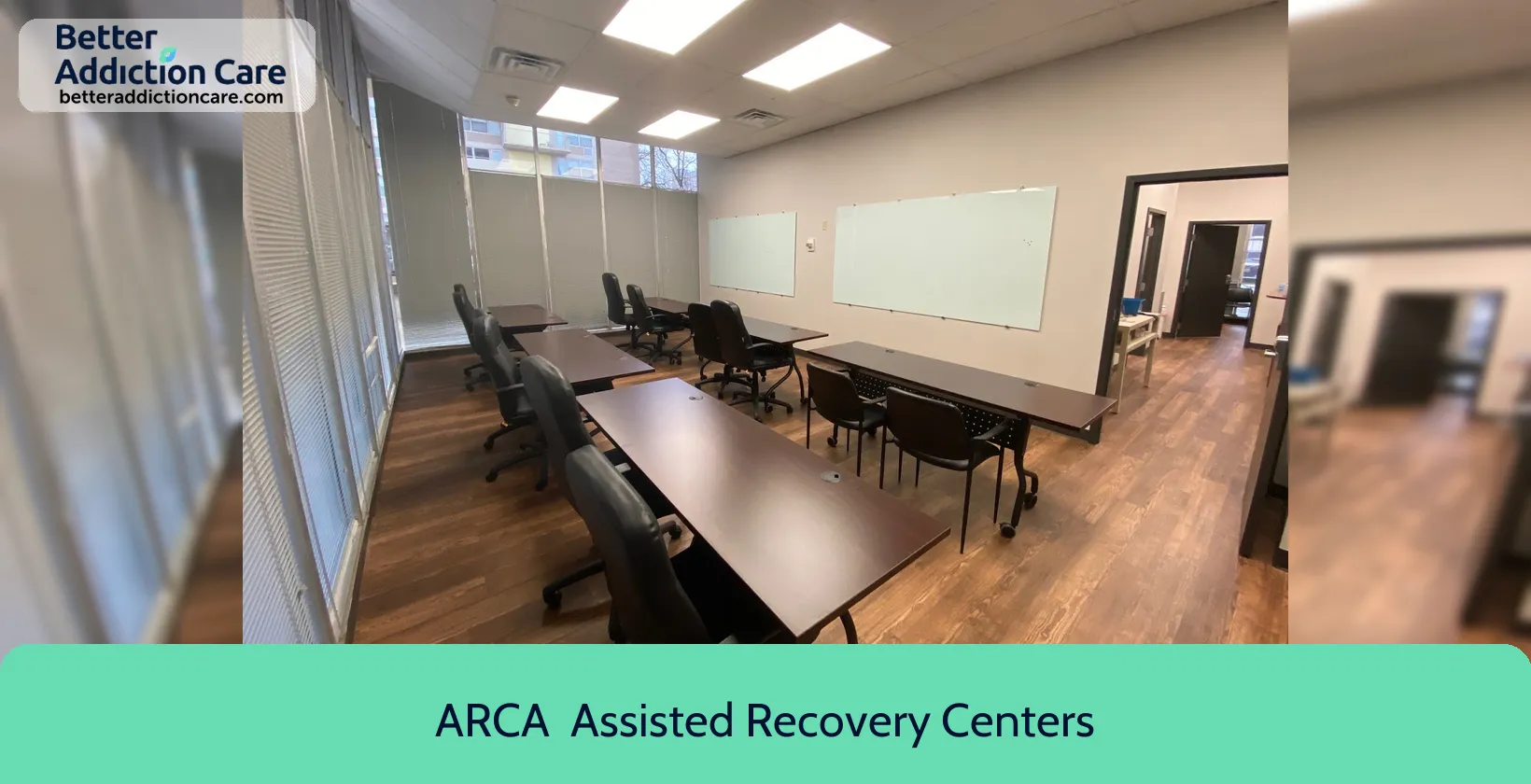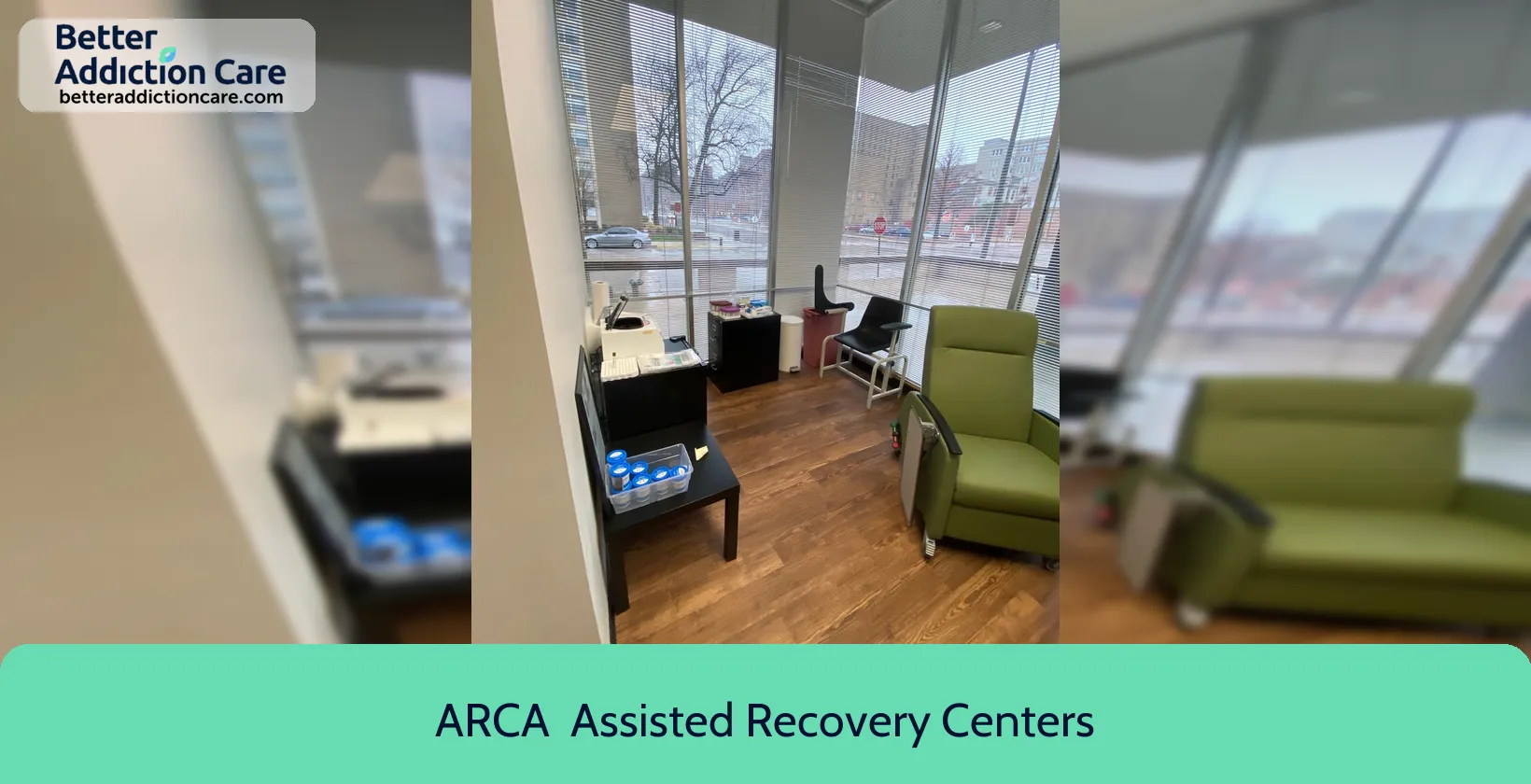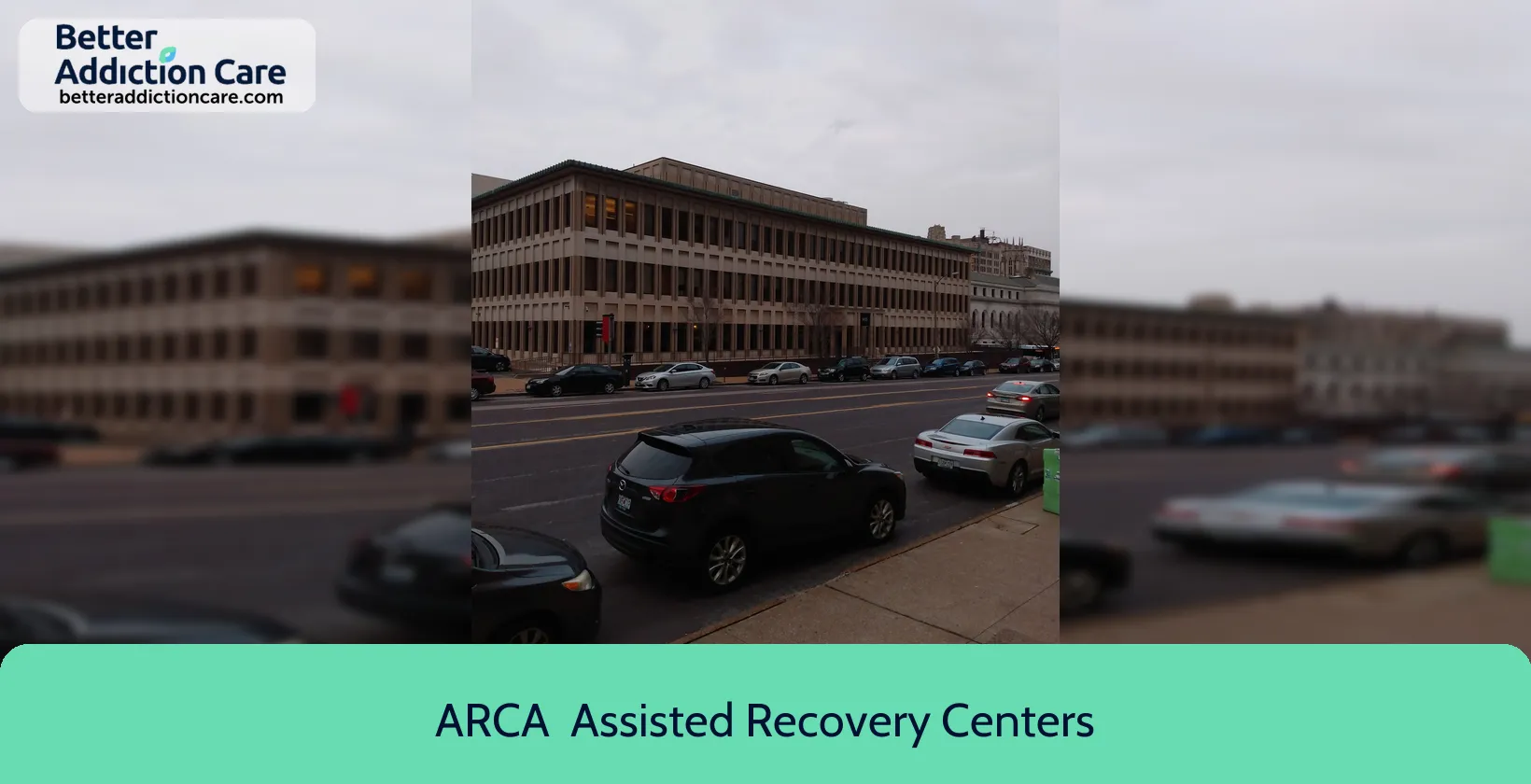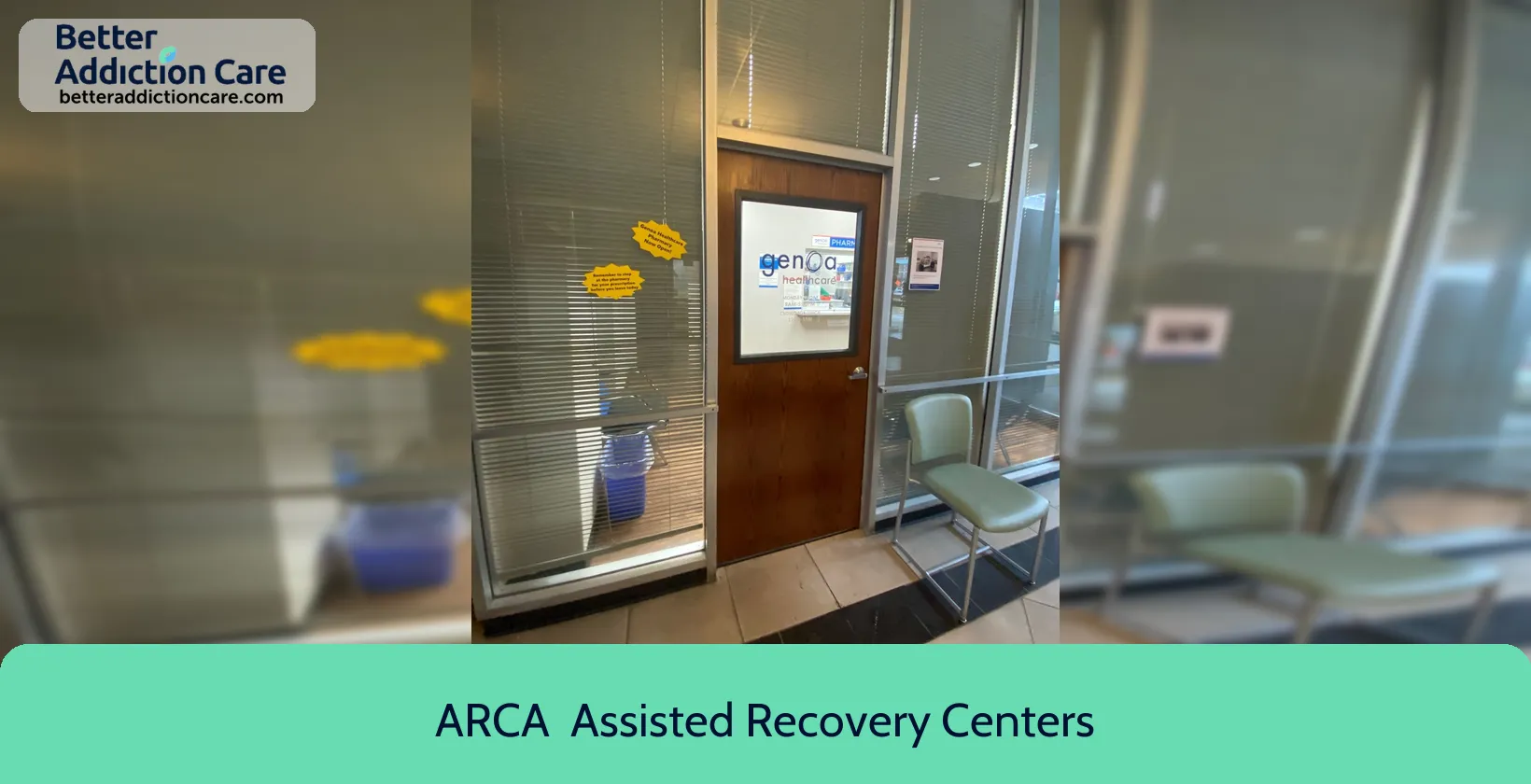ARCA - Assisted Recovery Centers of America
Overview
ARCA - Assisted Recovery Centers of America, based in Missouri, offers comprehensive outpatient services to those seeking treatment for mental health and substance use issues. The center provides telehealth services and a detox program that uses Medication-Assisted Treatment (MAT) to ensure safe and successful withdrawal management. ARCA supports both male and female adults, providing a variety of therapy options to aid in rehabilitation. The hospital specializes in dual diagnosis treatment for co-occurring mental health and substance use problems, using evidence-based therapies like Cognitive Behavioral Therapy (CBT) and Dialectical Behavior Therapy. In addition, ARCA incorporates 12-step program ideas into its therapeutic method to create a comprehensive recovery experience. The institution provides individual, group, and family therapy to meet the different requirements of its customers.
ARCA is recognized by the Commission on Accreditation of Rehabilitation Facilities (CARF) and the Missouri Department of Mental Health, demonstrating its dedication to sustaining high levels of care and treatment efficacy.
ARCA - Assisted Recovery Centers of America at a Glance
Payment Options
- Cash or self-payment
- Medicaid
- Medicare
- State-financed health insurance plan other than Medicaid
- Private health insurance
Assessments
- Screening for tobacco use
- Comprehensive mental health assessment
- Comprehensive substance use assessment
- Interim services for clients
- Outreach to persons in the community
Age Groups
- Young adults
- Adults
- Seniors
Ancillary Services
- Case management service
- Suicide prevention services
- Mental health services
Highlights About ARCA - Assisted Recovery Centers of America
7.33/10
With an overall rating of 7.33/10, this facility has following balanced range of services. Alcohol Rehabilitation: 8.00/10, Drug Rehab and Detox: 7.85/10, Insurance and Payments: 6.00/10, Treatment Options: 7.46/10.-
Alcohol Rehabilitation 8.00
-
Drug Rehab and Detox 7.85
-
Treatment Options 7.46
-
Insurance and Payments 6.00
Accreditations
State mental health department:
State mental health department accreditation refers to the process of evaluating and certifying the quality and standards of a state's mental health department, ensuring that it provides high-quality services and meets specific criteria for mental health care. The accreditation process is performed by a third-party organization and helps to improve the overall care and treatment of individuals with mental health conditions.
State department of health:

Government agencies issue State Licenses, granting permission to rehabilitation organizations to conduct their business operations lawfully within specific geographic regions. Generally, the particular rehabilitation programs offered by a facility and its physical location dictate the necessary licenses needed for legal operation.
The Joint Commission:

The Joint Commission accreditation signifies that a facility has met rigorous standards of excellence in patient care, treatment, and safety. It assures individuals and healthcare professionals that the accredited facility provides high-quality, evidence-based care for addiction and mental health issues, fostering trust and confidence in their services.
Treatment At ARCA - Assisted Recovery Centers of America
Treatment Conditions
- Alcoholism
- 24-Hour Clinical Care
- Mental health treatment
- Substance use treatment
- Co-occurring Disorders
Care Levels
- Outpatient
- Outpatient detoxification
- Outpatient methadone/buprenorphine or naltrexone treatment
- Regular outpatient treatment
- Hospital inpatient/24-hour hospital inpatient
Treatment Modalities
- Cognitive behavioral therapy
- Telemedicine/telehealth therapy
- Substance use disorder counseling
- Trauma-related counseling
- Smoking/vaping/tobacco cessation counseling
Ancillary Services
Languages
- English
Additional Services
- Pharmacotherapies administered during treatment
- Mentoring/peer support
- Breathalyzer or blood alcohol testing
Special Programs
- Criminal justice (other than DUI/DWI)/Forensic clients
- Clients who have experienced trauma
Common Questions About ARCA - Assisted Recovery Centers of America
Contact Information
Read our Most Recent Article About Drug Addiction
DISCLAIMER: The facility name, logo and brand are the property and registered trademarks of ARCA - Assisted Recovery Centers of America, and are being used for identification and informational purposes only. Use of these names, logos and brands shall not imply endorsement. BetterAddictionCare.com is not affiliated with or sponsored by ARCA - Assisted Recovery Centers of America.
